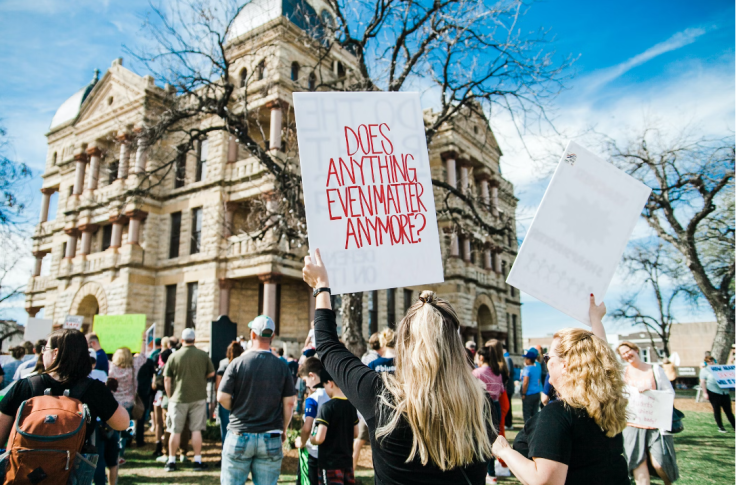In an unprecedented display of endurance, part-time faculty members at Columbia College Chicago have entered their fifth week of striking, marking what the Columbia College Faculty Union deems history's longest adjunct strike. The contentious labor dispute highlights broader issues surrounding job security, educational quality, and the strained relationship between full- and part-time faculty.

Unprecedented Duration Raises Eyebrows
Since October 30, part-time faculty members at Columbia College Chicago have been engaged in an extraordinary and perhaps unprecedented strike. The Columbia College Faculty Union, representing these part-time instructors, characterizes it as the longest adjunct strike in history, surpassing the reported record set by part-timers at the New School in New York City just a year ago.
William A. Herbert, executive director of the National Center for the Study of Collective Bargaining in Higher Education and the Professions at Hunter College, highlights the exceptional nature of this strike, citing data indicating it as the lengthiest among contingent faculty over the past decade.
The Academic Landscape Amidst the Strike
As the strike reaches the one-month mark, administrators at Columbia College Chicago are actively taking measures to ensure the continuity of the academic semester despite the ongoing labor dispute. The precise number of adjuncts participating in the strike remains unclear, as neither the union nor the college has provided specific figures.
The union alleges that the college has taken drastic actions, including locking strikers out of their online learning management system accounts and replacing them with new instructors. Unfair labor practice charges have been filed, accusing the college of illegally appropriating strikers' intellectual property by utilizing their course materials.
In response, a college spokesperson mentioned "alternative instructional arrangements," revealing that classes are now being taught by part-time faculty not participating in the strike, full-time faculty, chairs, qualified staff, and other substitute instructors. Approximately 60 percent of classes were meeting before Thanksgiving, and the college anticipates nearly all courses resuming by the end of the week.
A Community in Turmoil
The strike has plunged the academic community into a state of turmoil, with both full-time and part-time faculty grappling with conflicting emotions. Madhurima Chakraborty, president of the Faculty Senate, representing only the full-time faculty, acknowledges the high-stress and anxiety-ridden atmosphere. Faculty members find themselves torn between wanting to support students and avoiding actions that could undermine the part-timers' strike.
Chakraborty reflects the prevailing sentiment among full-time faculty as "powerless" in navigating this divisive situation. The striking part-timers, on the other hand, face an uncertain future as the college contends with annual deficits, leading to increased class sizes and the elimination of sections, putting jobs at risk.
Diana Vallera, president of the part-time faculty union, CFAC, emphasizes the complexity of the situation. The union cannot provide exact numbers of canceled classes or those being held, adding to the uncertainty surrounding the strike's impact. Some full-time faculty members have stepped in to fill the void, taking on multiple sections and altering the course format.
One junior student, Callie LaVanway, reflects the internal struggle faced by students caught in the crossfire. While supportive of unions, she grapples with attending classes taught by replacement instructors, raising questions about the treatment of educators in the broader context.
Battleground Over Job Security and Education Quality
The striking part-time faculty contends that the college's financial challenges should not come at the expense of job security and educational quality. Facing threats to their positions due to increased class sizes and section cuts, the union argues that the proposed measures would compromise the education students receive.
Andrea J. Dymond, a union bargaining team member, highlights the unwillingness of union members to accept terms that would potentially dismantle the union. The administration, on the other hand, accuses the union of demanding "quasi-tenure" and asserts that the union's demands jeopardize the college's long-term sustainability.
As the strike persists, the strains between full- and part-time faculty members deepen, painting a bleak institutional picture. The legacy of this divisiveness, according to Chakraborty, raises concerns about the lasting impact on the academic community at Columbia College Chicago. The ongoing deadlock underscores the challenges faced by higher education institutions in balancing financial sustainability with the welfare of their faculty and the quality of education provided to students.
RELATED ARTICLE: Failed Contract Negotiations At CSU Push Faculty To Strike
© 2025 University Herald, All rights reserved. Do not reproduce without permission.








